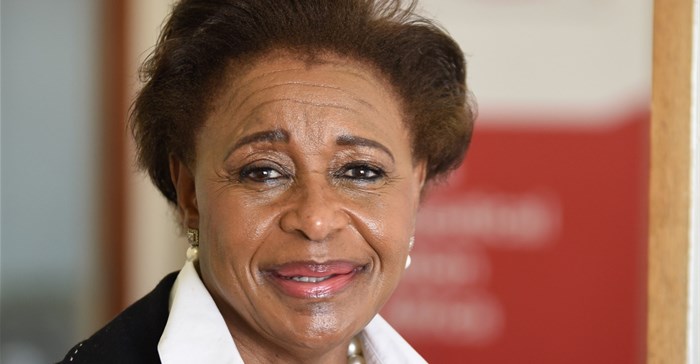A world without medical innovation would be catastrophic for humankind, says Dr Konji Sebati, CEO of the Innovative Pharmaceutical Association South Africa (IPASA).

“For us to work towards our aim of a healthier population, it is important for people to understand and appreciate the role of medicine innovation in their own lives. Not only have we eradicated many diseases which previously were killers, but there has been a pipeline of new innovations which continue to contain and may ultimately eradicate many existing life-threatening diseases.”
“This is not widely understood or appreciated, due to a number of factors. One is the controversy regarding the cost and limited access for low-income groups to essential drugs, diagnostics, vaccines and medical devices in Africa. The industry has made considerable progress in broadening access in sub-Saharan Africa, especially in combating HIV, something that is being accomplished without sacrificing innovation.”
“The need for innovation stems from the nature of bacteria which can evolve and which in many cases are several steps ahead of current medical research. It is not a static environment we are dealing with. We want the broad public to understand that we innovate not for the sake of profit, or for its own sake. Our scientists are dedicated to finding solutions to medical needs – that is what they trained for and is their vocation,” says Sebati.
However, a particular prerequisite of innovation is its need for support and funding, both by the private sector and public sectors.
“The quantum of support by the government, whether it be 10%, 20% or more, is less significant than the fact that it is supporting innovation and mitigating some of the risk of medicine development. We, at IPASA, think both sectors should be involved as medical innovation is both a humanitarian requisite and one of the most important levers of economic development,” says Sebati.
Sebati, a medical practitioner by training, has over 25 years’ experience in both the public and private sectors, having managed 21 primary healthcare clinics and she commissioned a new 200-bed hospital, Odi Hospital, Ga-Rankuwa, for which she also served as hospital administrator.